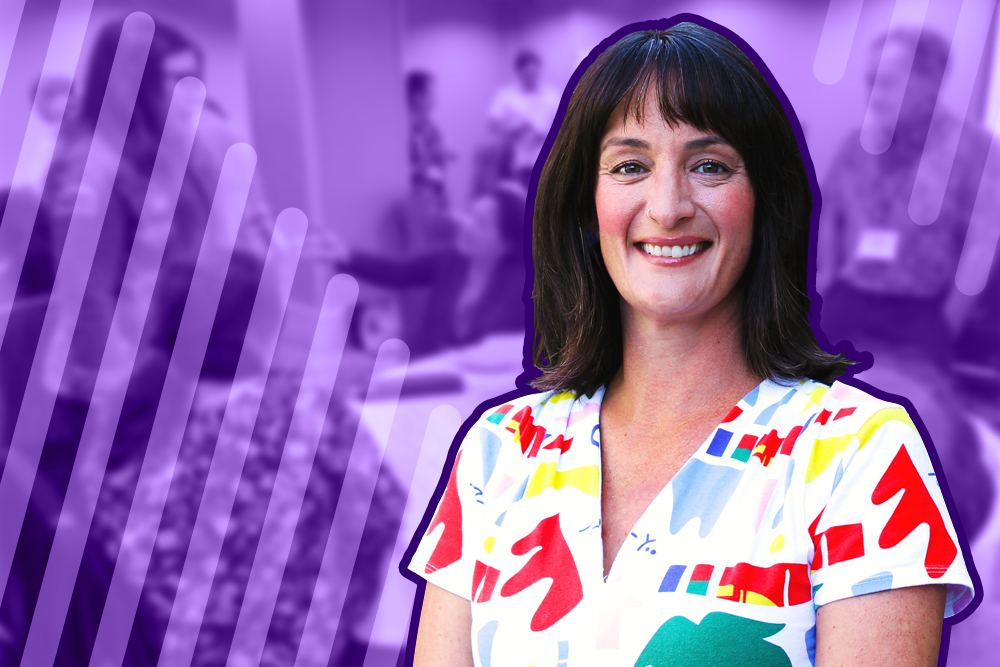
Women make up less than 5% of workers in the construction trades. However, there is increasing motivation within the industry to recruit and retain a more diverse workforce.
To encourage more women to enter the construction trades, experts from UW’s Department of Environmental and Occupational Health Sciences (DEOHS) worked with the Northwest Center for Public Health Practice to develop a mentorship training for women working in construction trades.
“The issue isn’t just how to get more women into the workforce, but how to retain them once they’re there,” explained Lily Monsey, a Research Coordinator who works with DEOHS. “Women at worksites face unique stressors. These jobs have certain physical and psychosocial risks, and women are usually underrepresented on worksites. As a result, a lot of tradeswomen feel very isolated.”
Tradeswomen proposed mentorship opportunities as a way to decrease feelings of isolation while increasing support and retention. Mentoring SMART Women, an online, self-paced mentorship training was developed in 2021 to educate journey-level women as mentors on topics such as problem solving, active listening, self-advocacy, and goal setting. After completing the training, mentors were matched with apprentice-level mentees to provide mentorship.
“We enrolled nearly thirty tradeswomen across the US and Canada,” Lily said. “We drew a lot from adult learning theory to help them harness their existing expertise, and we taught them how to set goals, solve problems, and navigate potential communication pitfalls with their mentees.”
The team from UW DEOHS worked with SMART International, the International Association of Sheet Metal, Air, Rail, and Transportation Workers, a North American union representing over 200,000 members, as well as NABTU, the North America’s Building Trades Union, which represents 3 million craft professionals in the US and Canada. The project was funded by the National Institute for Occupational Safety and Health via The Center for Construction Safety and Health. Dr. Marissa Baker (DEOHS) served as Principal Investigator. Dr. Noah Seixas (DEOHS) and Dr. Hendrika Meischke of UW’s Health Systems and Population Health were co-investigators.
“The training consists of nine sections,” Lily noted. “There are skills practice opportunities and reflections throughout the training that are geared toward addressing gendered workplace challenges. A best practices guide and mentor handbook have also been designed to complement the training.”
“Women who completed the training reported feeling more confident in their mentoring abilities. We also received a lot of feedback indicating how important it is to have mentorship opportunities available to apprentice-level workers. We’ve now made these training materials available to other local organizations, unions, and the public.”
“We think this is a great resource for supporting and sustaining a more diverse workforce, and we’re excited to see how local leaders use these tools to expand on existing mentorship programs or to build new ones,” Lily said.
To learn more about this training visit, Mentoring SMART Women.


